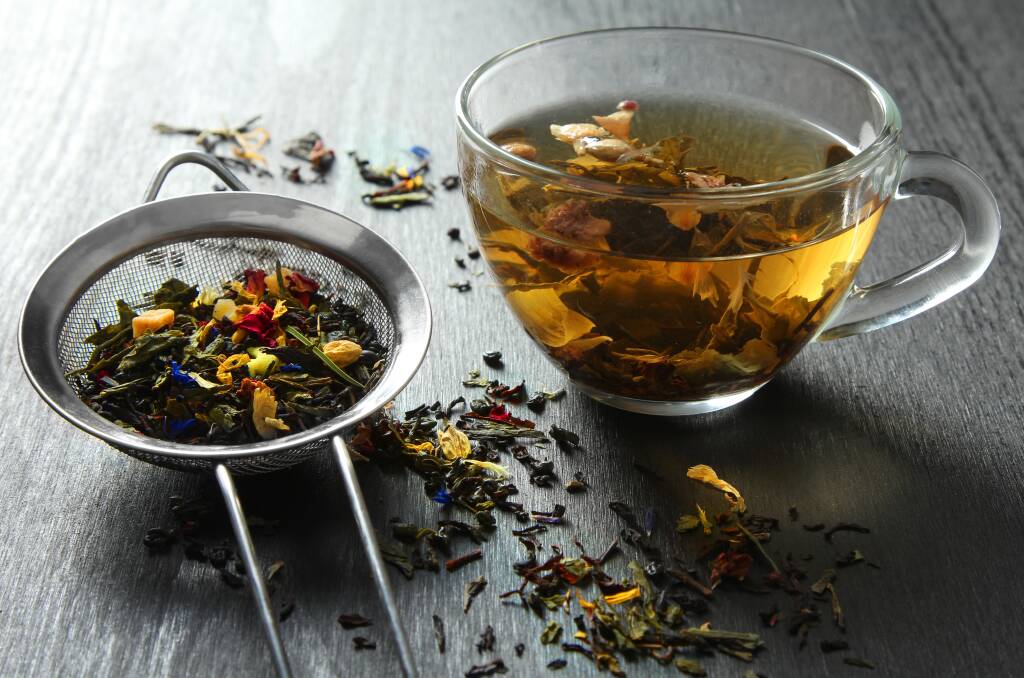What You Need to Know
Chamomile tea is often celebrated for its calming effects and numerous health benefits, ranging from aiding sleep to soothing digestive issues. However, while chamomile is generally considered safe for most people, it’s essential to be aware of potential side effects and risks. Understanding these can help you enjoy chamomile tea responsibly and avoid unwanted reactions.
Potential Side Effects of Chamomile Tea
- Allergic Reactions
- Who is at risk?
Chamomile belongs to the Asteraceae plant family, which includes ragweed, daisies, marigolds, and chrysanthemums. People allergic to these plants may experience allergic reactions to chamomile. Symptoms can range from mild (skin irritation, hives) to severe (anaphylaxis in rare cases). - What to do:
If you have plant-related allergies, consult a healthcare professional before consuming chamomile tea.
- Who is at risk?
- Interactions with Medications
- Blood Thinners: Chamomile contains compounds that may have blood-thinning properties. When combined with anticoagulants like warfarin, it could increase the risk of bleeding.
- Sedatives: Since chamomile has mild sedative effects, combining it with sedative medications or alcohol could amplify drowsiness.
- Anti-inflammatory Drugs: Chamomile might interact with NSAIDs like ibuprofen, potentially reducing their effectiveness or increasing side effects.
- What to do:
If you’re on medication, particularly those mentioned above, consult your doctor before drinking chamomile tea regularly.
- Pregnancy and Breastfeeding Concerns
- Chamomile has traditionally been used to stimulate menstruation, and in some cases, it may pose a risk of uterine contractions. For this reason, pregnant women are often advised to limit or avoid chamomile tea to reduce the risk of miscarriage.
- There is also limited research on the safety of chamomile tea during breastfeeding.
- What to do:
Pregnant or breastfeeding individuals should consult a healthcare provider before consuming chamomile tea.
- Potential for Drowsiness
- Chamomile is known for its calming effects, which can lead to drowsiness. While this is usually beneficial, it may not be ideal if you need to stay alert, such as while driving or operating machinery.
- What to do:
Avoid drinking chamomile tea when you need to remain focused and alert.
- Gastrointestinal Issues
- While chamomile tea often soothes digestive discomfort, excessive consumption may irritate the stomach or lead to nausea.
- What to do:
Limit your intake to 1-2 cups per day, especially if you’re prone to stomach sensitivity.
- Contamination Risks
- Like other herbal products, chamomile tea may be contaminated with pesticides, heavy metals, or harmful microorganisms if not sourced from reputable brands.
- What to do:
Choose certified organic chamomile tea from trusted manufacturers to minimize contamination risks.
How to Safely Enjoy Chamomile Tea
- Start Small:
If you’re new to chamomile tea, start with a small amount (e.g., half a cup) to monitor your body’s reaction. - Avoid Overconsumption:
Stick to 1-2 cups per day to minimize the risk of side effects. - Check for Allergies:
If you have allergies to plants in the Asteraceae family, proceed with caution or avoid chamomile tea altogether. - Consult a Doctor:
If you’re pregnant, breastfeeding, or taking medications, talk to your healthcare provider before adding chamomile tea to your routine. - Buy High-Quality Tea:
Opt for organic, reputable brands to ensure safety and quality.
Conclusion
Chamomile tea is a beloved herbal remedy with a range of health benefits, but it’s not without potential risks. Allergic reactions, medication interactions, and specific concerns for pregnant or breastfeeding individuals highlight the importance of mindful consumption. By understanding these side effects and taking appropriate precautions, you can safely enjoy chamomile tea and its soothing qualities.
When in doubt, consult with a healthcare professional to determine if chamomile tea is the right choice for your health and lifestyle.






